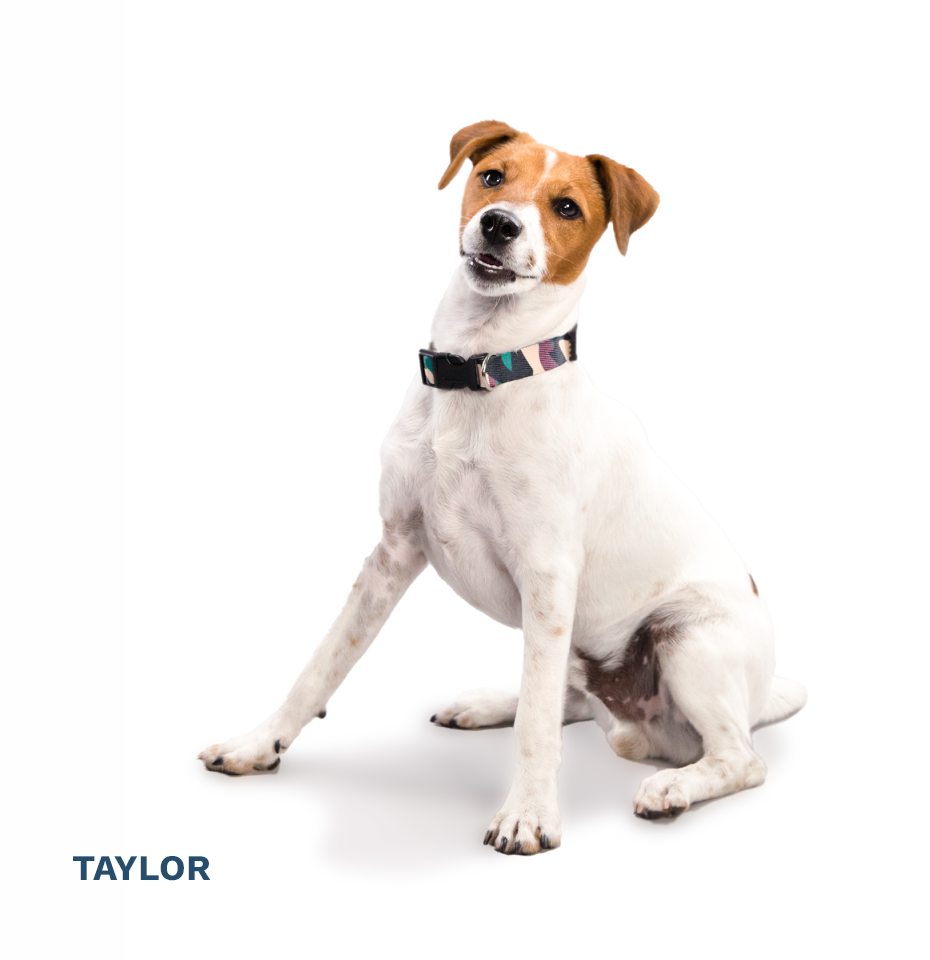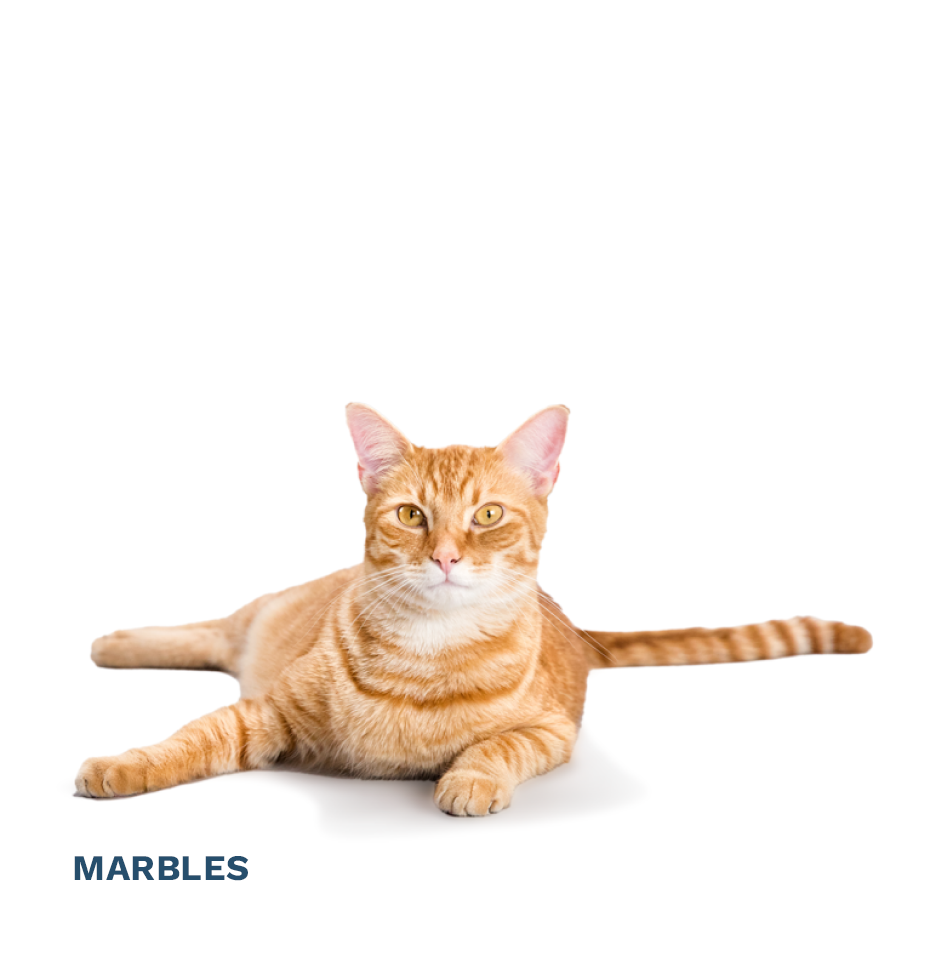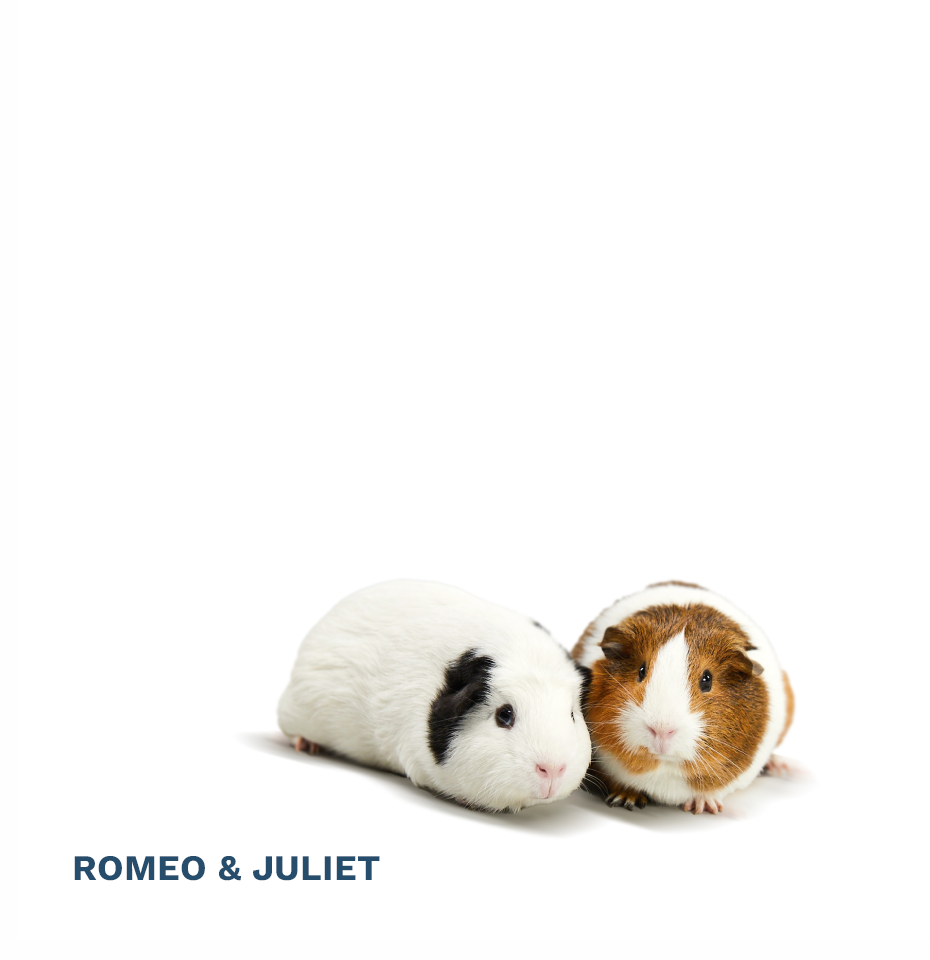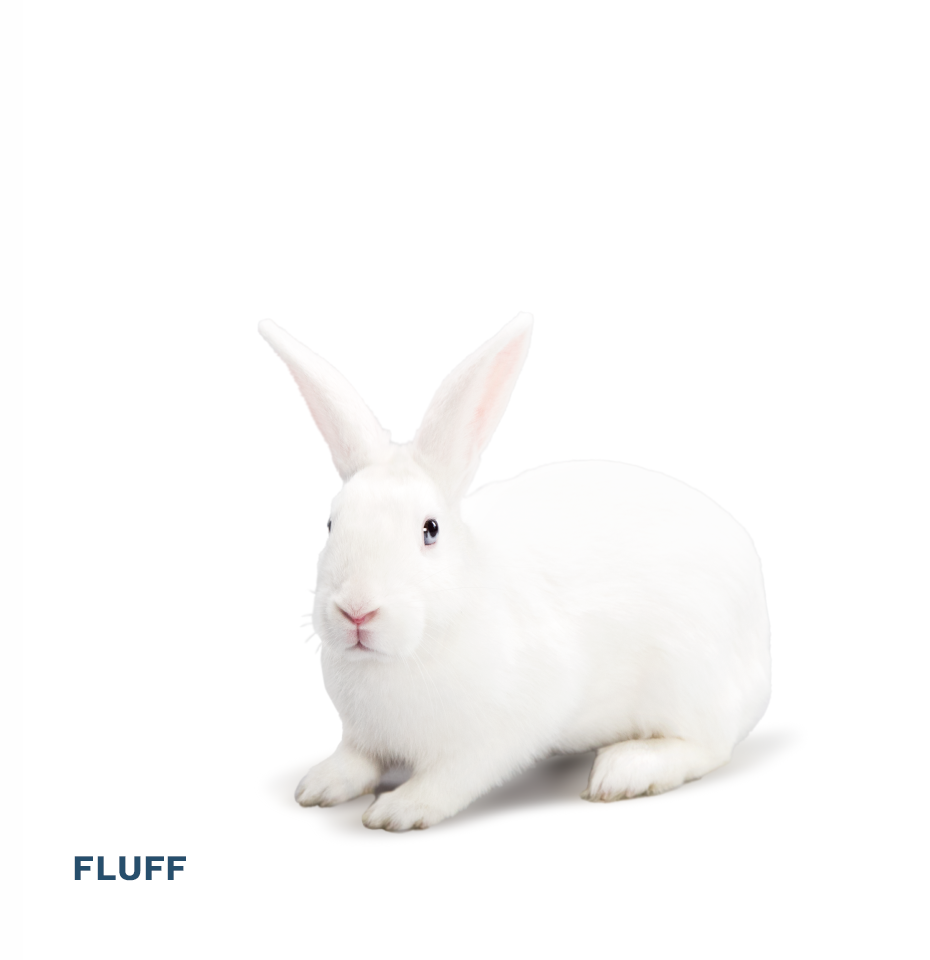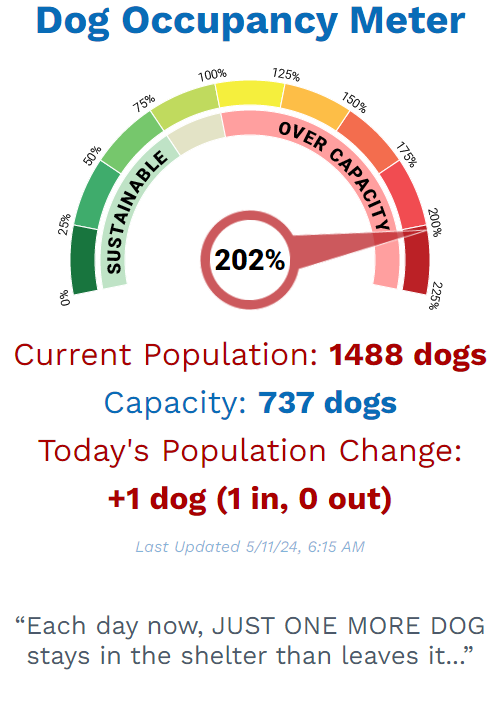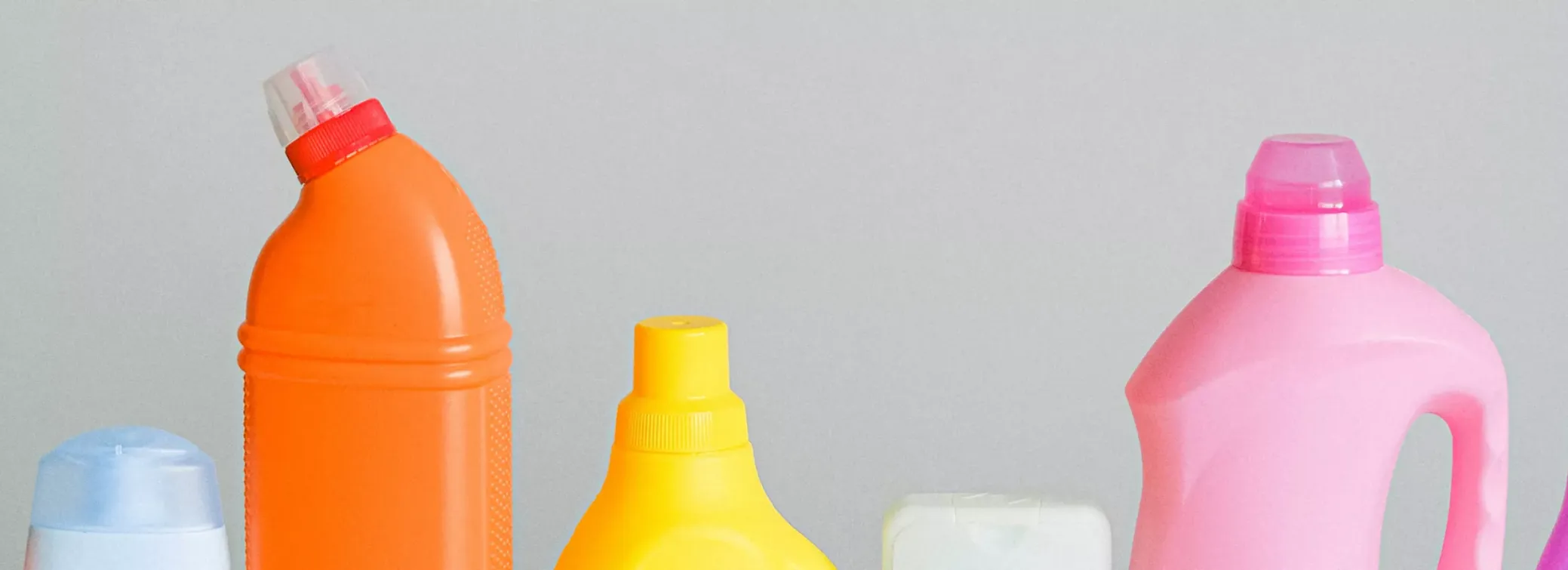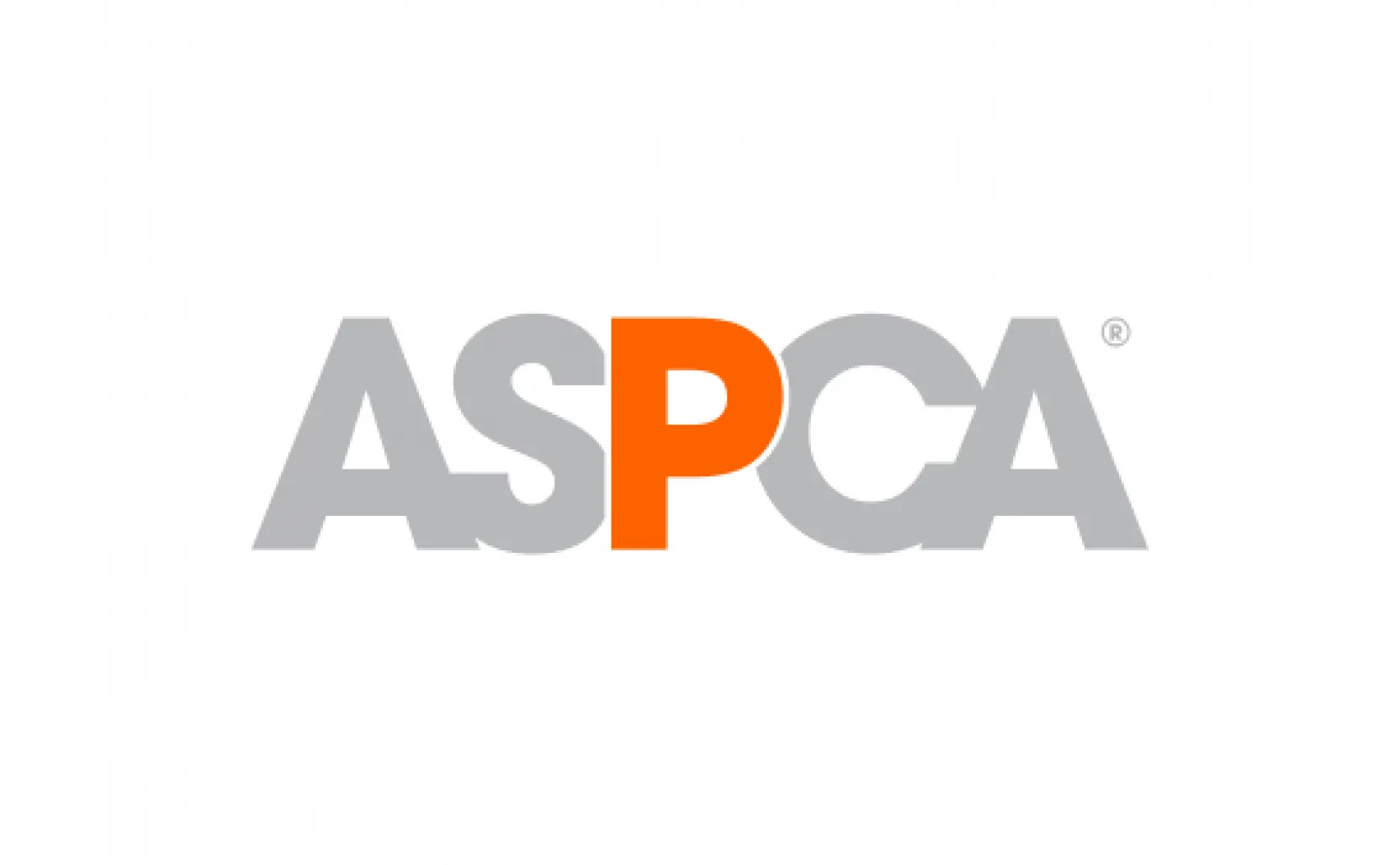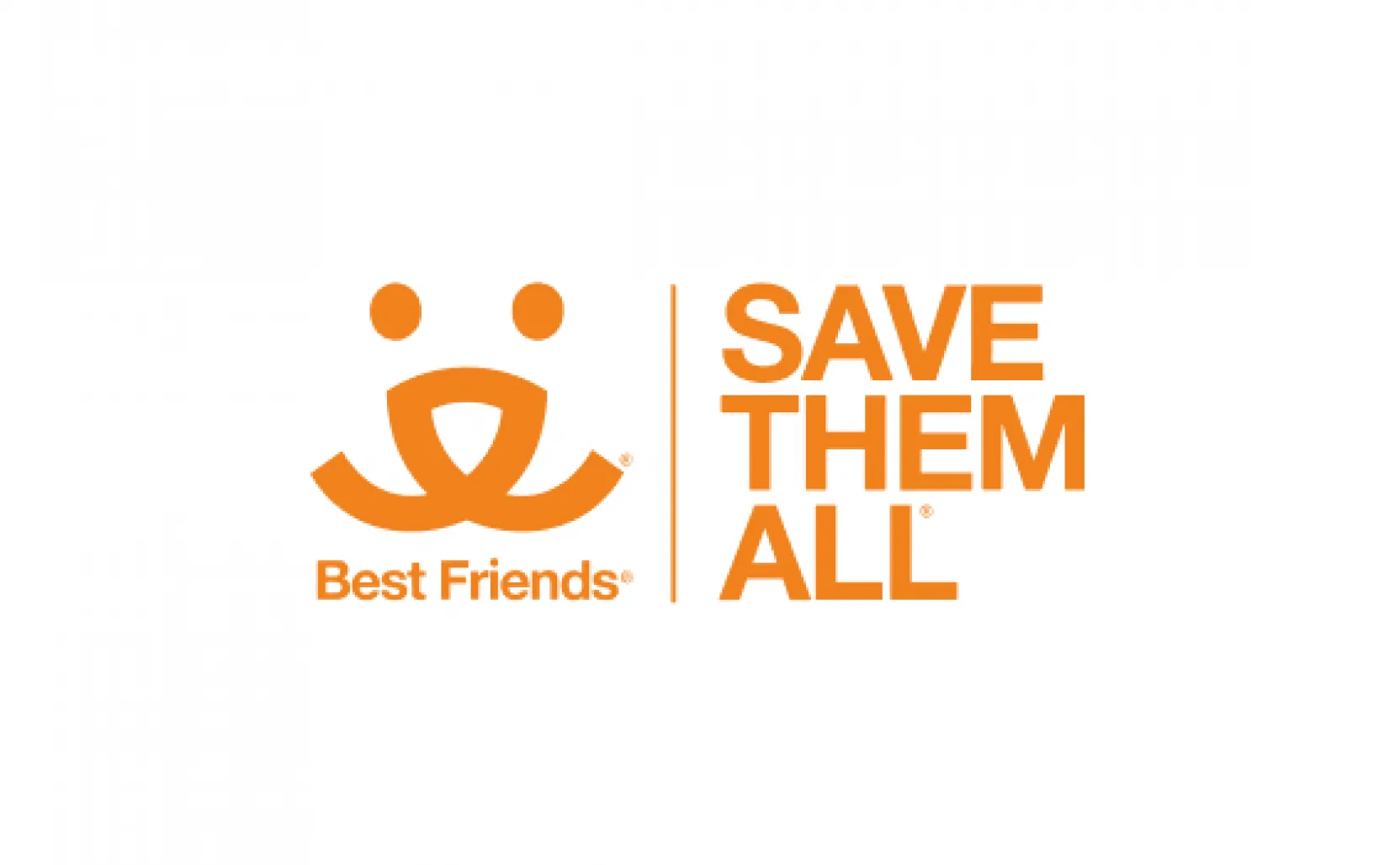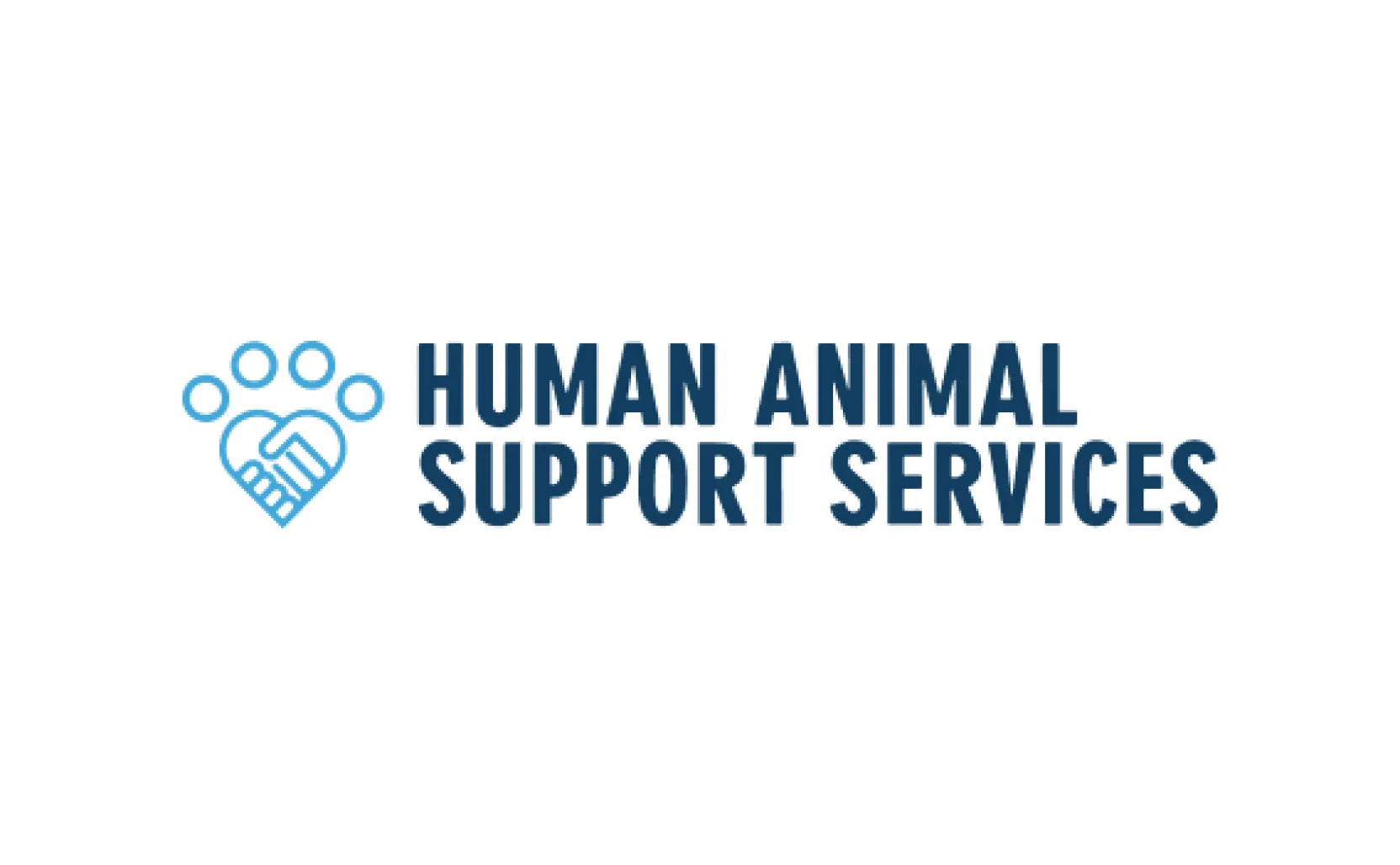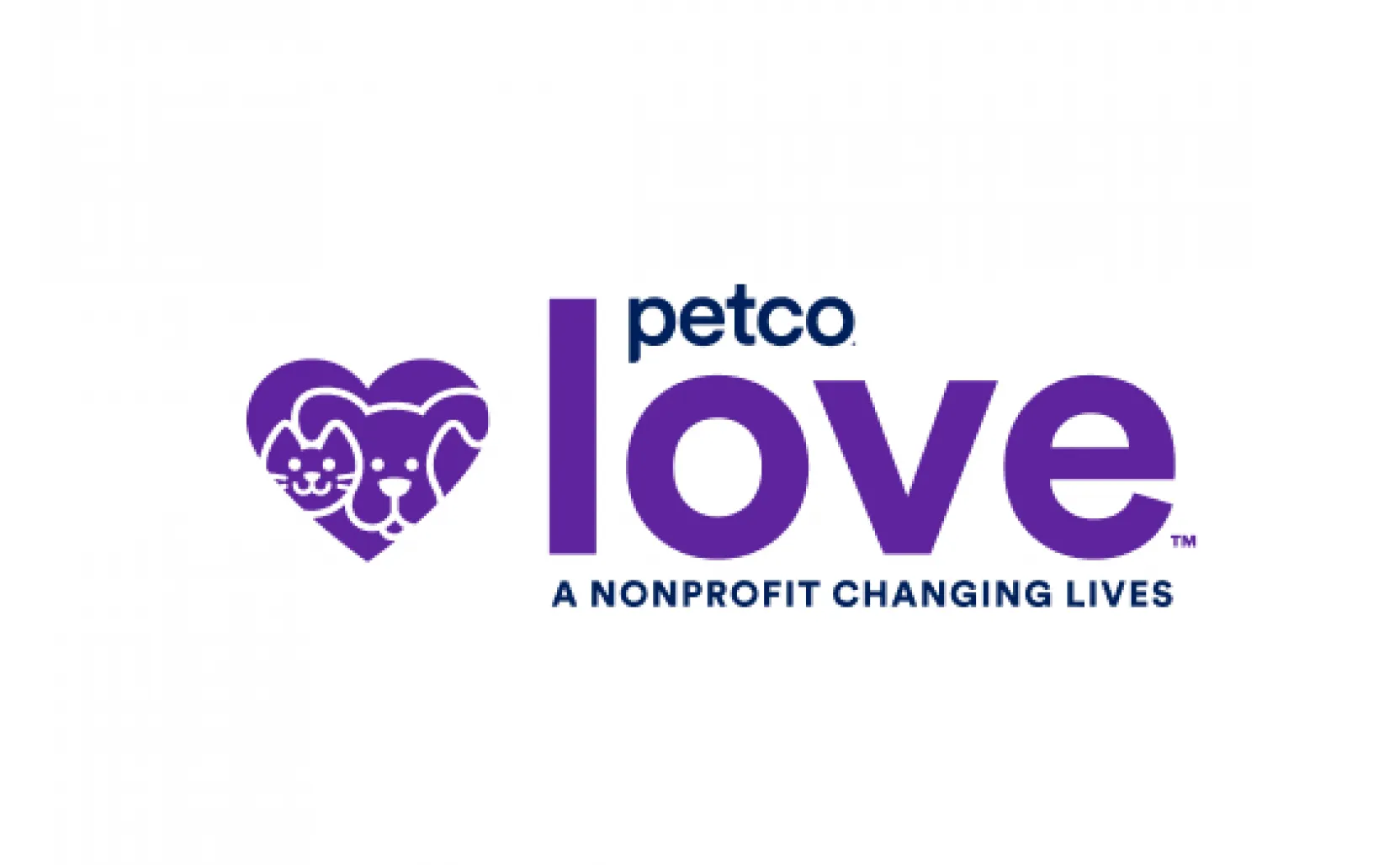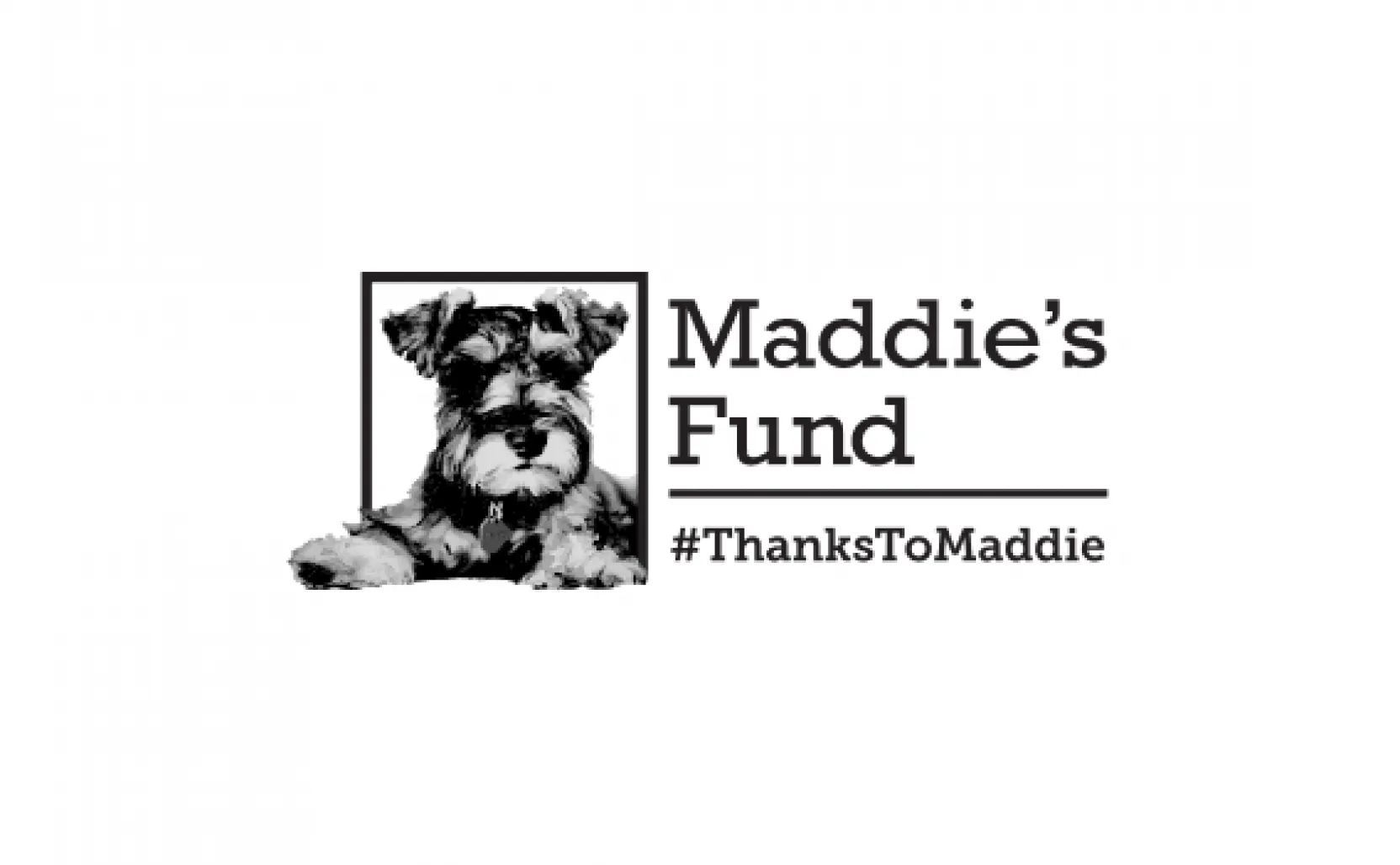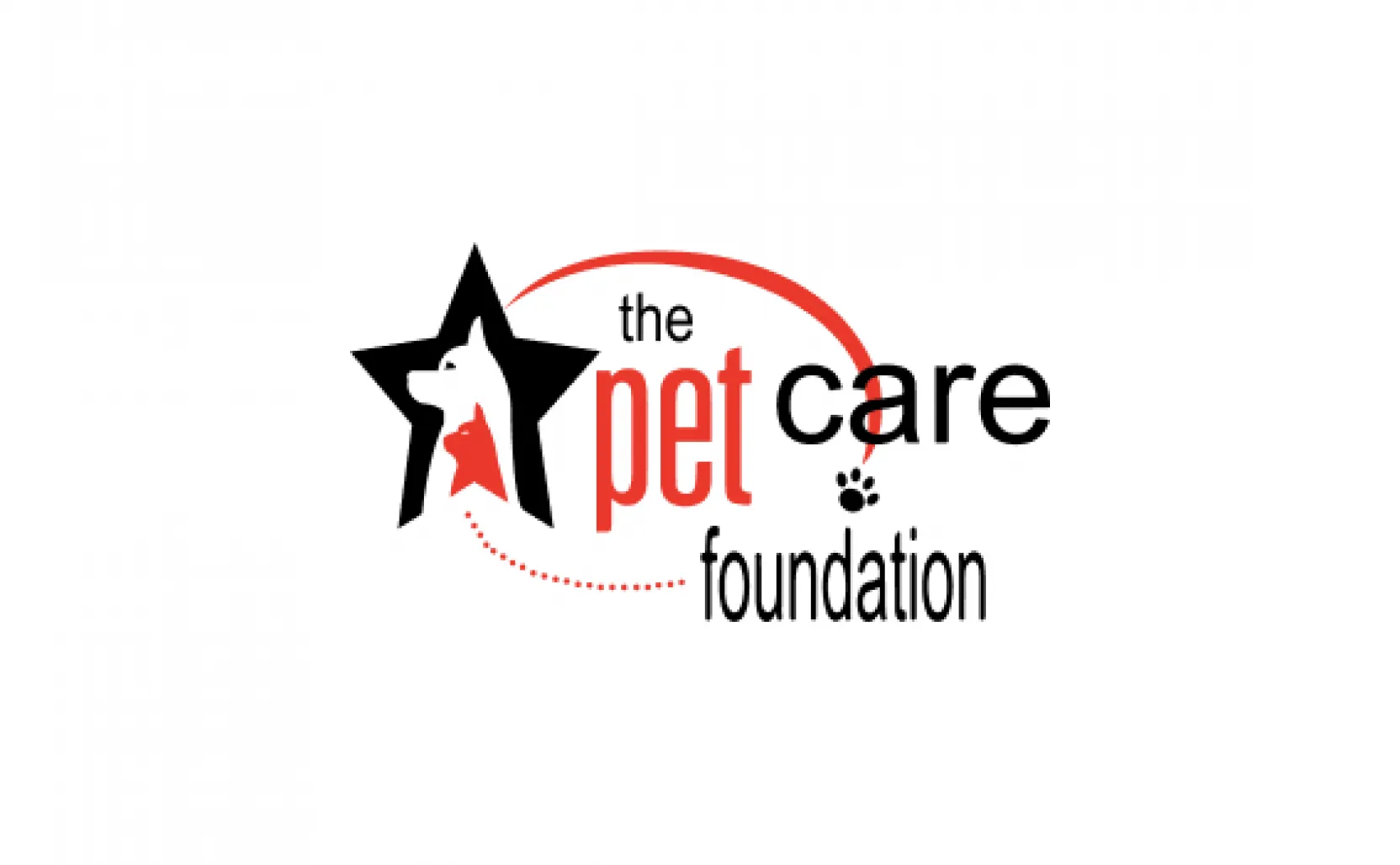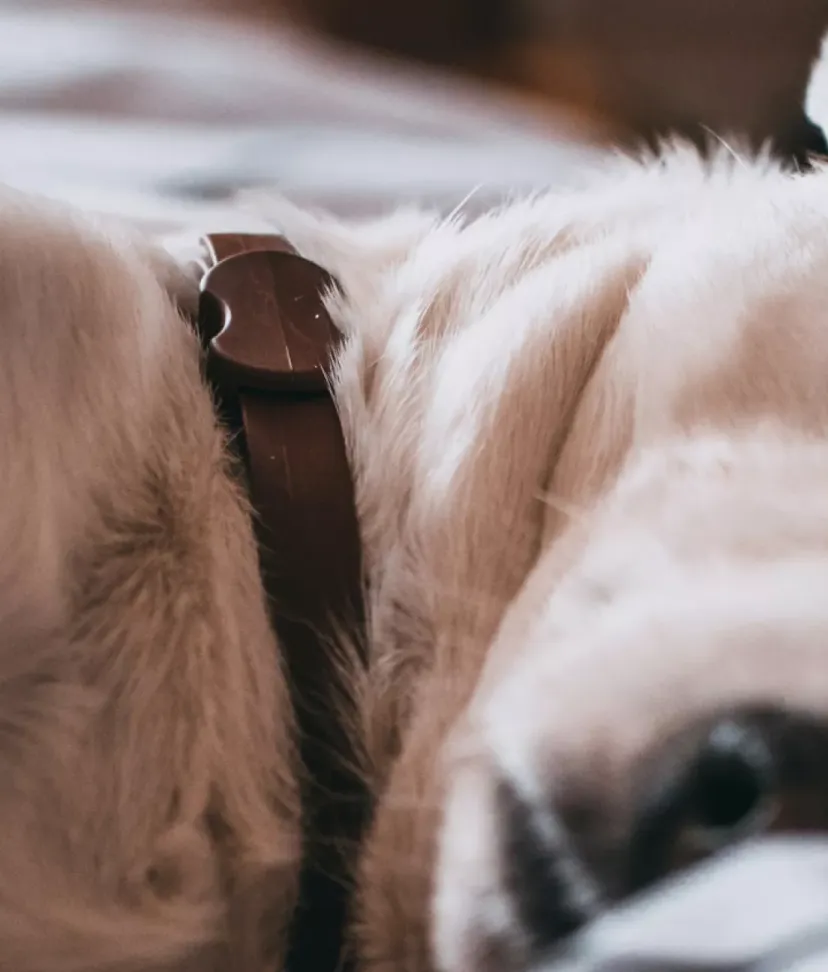
Household Hazards
Every home contains a variety of everyday items and substances that can be dangerous or even fatal if ingested by pets. You can protect your pets health by becoming aware of the most common health hazards found in many pet-owning households.
What to do is your pet is poisoned
Don’t wait! Time is critical for successfully treating accidental poisoning.
Pick up the phone and call your veterinarian or the ASPCA Animal Poison Control Center
(1-888-426-4435; a consultation fee may apply). Be prepared to state your pet’s breed, age, weight and any symptoms. Keep the product container or plant sample with you to assist in identification so the appropriate treatment recommendations can be made.
A Special Note of Caution to Bird Owners
Just like dogs and cats, most hazards listed here apply to your pet bird, particularly if it is allowed to roam freely outside of its cage. In addition, birds have unique respiratory tracts that are especially vulnerable to inhaled particles and fumes from aerosol products, tobacco products, certain glues, paints, air fresheners and any other aerosolized matter. Birds should never be allowed in areas where such products are being used. As a rule, birds should never be kept in kitchens because cooking fumes, smoke and odors can present a hazard.
Foods
Many foods that are perfectly safe for humans could be harmful or potentially deadly to dogs and cats. To be safe, keep the following food items out of your pet’s menu:
- Coffee grounds
- Grapes/raisins
- Chocolate
- Onions
- Yeast dough
- Tea
- Macadamia nuts
- Alcohol
- Fatty foods
- Salt
- Avocado
- Garlic
- Chewing gum, candy and breath fresheners containing xylitol
- Always keep garbage out of a pet’s reach, as rotting food contains molds and bacteria that could produce food poisoning.
Cleaning Products
Many household cleaners can be used safely around cats and dogs. However, the key to safe use lies in reading and following product directions for proper use and storage.
For instance, if the label states “Keep pets and children away from area until dry,” follow those directions to prevent possible health risks. Products containing bleach can safely disinfect many household surfaces when used properly, but can cause stomach upset, drooling, vomiting or diarrhea, severe burns if swallowed and respiratory tract irritation can occur if inhaled in a high enough concentration. In addition, skin contact with concentrated solutions may produce serious chemical burns. Some detergents can produce a similar reaction, and cats can be particularly sensitive to certain ingredients such as phenols(also known as carbolic acid).
As a general rule, store all cleaning products in a secure cabinet out of the reach of pets and keep them in their original packaging, or in a clearly labeled and tightly sealed container.
Insecticides/Rodenticides
As with household cleaners, read and follow label instructions before using any type of pesticide in your pet’s environment. For example, flea and tick products labeled “for use on dogs only” should not be applied to cats or other species, as serious or even life-threatening problems could result. Always consult with your veterinarian about the safe use of these products for your pet.
If a pet ingests rat or mouse poison, potentially serious or even life-threatening illness can result; therefore, when using any rodenticide, it is important to place the poison in areas completely inaccessible to pets.
Hazards in the Bathroom
Medications
Medications that treat human medical conditions can make pets very sick. Never give your pet any medication unless directed by your veterinarian. As a rule, the following medicines should be tightly closed and stored in a secure cabinet above the counter and away from pets:
| Non-steroidal anti-inflammatory drugs such as aspirin, ibuprofen or naproxen | ||
| Acetaminophen | Antidepressants | Diet pills |
| Cold medicines | Antihistamines | Vitamins |
| Prescription drugs | ||
Soaps and other Sundries
Bath and hand soaps, toothpaste and sun blocks should also be kept away from your pets. They can cause stomach upset, vomiting or diarrhea. Keep toilet lids closed to prevent your pets from consuming treated toilet bowl water that could irritate their digestive tract.
Hazards in the Garage and Yard
Antifreeze, Herbicides and Insecticides
Ethylene glycol-containing antifreeze and coolants, even in small quantities, can be fatal to both dogs and cats. While antifreeze products containing propylene glycol are less toxic than those containing ethylene glycol, they can still be dangerous. In addition to antifreeze, other substances routinely stored in the garage including insecticides, plant/lawn fertilizers, weed killers, ice-melting products and gasoline also pose a threat to your pet’s health if ingested.
When chemical treatments are applied to grassy areas, be sure and keep your pet off the lawn for the manufacturer’s recommended time. If pets are exposed to wet chemicals or granules that adhere to their paws, they may lick it off later; stomach upset or more serious problems could result.
Paints and Solvents
Paint thinners, mineral spirits, and other solvents are dangerous and can cause severe irritation or chemical burns if swallowed or if they come in contact with your pet’s skin. While most latex house paints typically produce a minor stomach upset, some types of artist’s or other specialty paints may contain heavy metals or volatile substances that could become harmful if inhaled or ingested.
Hazards in the Bedroom and Living Room
While they may smell good, many liquid potpourri products contain ingredients that can cause oral ulcerations and other problems, so keep them out of the reach of your pets.
Just one mothball has the potential to sicken a dog or cat and mothballs that contain naphthalene can cause serious illness, including digestive tract irritation, liver, kidney and blood cell damage, swelling of the brain tissues, seizures, coma, respiratory tract damage (if inhaled) and even death (if ingested). Tobacco products, pennies (those minted after 1982 contain zinc) and alkaline batteries (like those in your remote controls) can also be hazardous when ingested.
Plants – Inside or Around the House
There are many household and yard plants that can sicken your pet. Some of the most commonly grown greenery that should be kept away from pets include:
- Lily of the Valley, Oleander, Azalea, Yew, Foxglove, Rhododendron and Kalanchoe may cause heart problems if ingested.
- Rhubarb leaves and Shamrock contain substances that can produce kidney failure. Certain types of lilies (Lilium and Hemerocallis species) are highly toxic to cats, resulting in kidney failure – even if only small amounts are ingested.
- Sago palms (Cycad species) can cause liver damage, especially if the nut portion of the plant is consumed. Additionally, fungi such as certain varieties of mushrooms can cause liver damage or other illnesses.
A few other potentially harmful plants include Philodendron, Corn Plant, Castor Bean, Mother-in-Law’s Tongue, Hibiscus and Hydrangea.
For a complete listing of common toxic and non-toxic plants, visit: www.aspca.org/pet-care/animal-poison-control
Other Household Hazards
Small items that fall on the floor can be easily swallowed by a curious cat or dog. Such items include coins, buttons, small children’s toys, medicine bottles, jewelry, nails, and screws. The result may be damage to your pet’s digestive tract and the need for surgical removal of the object.
While electrical cords are especially tempting to puppies who like to chew on almost anything, even an adult dog or cat could find them of interest; burns or electrocution could result from chewing on live cords. Prevent this by using cord covers and blocking access to wires.
Holiday Hazards
Don’t forget that holidays and visitors can pose a special challenge to your pets. Discourage well-meaning guests from spoiling pets with extra treats and scraps from the dinner table. Fatty, rich or spicy foods can cause vomiting and diarrhea and lead to inflammation of the pancreas. Poultry or other soft bones can splinter and damage your pet’s mouth or esophagus.
While trick-or-treating is fun for children, it can be hazardous to pets. Halloween treats such as chocolate or candy sweetened with xylitol can make a harmful snack. Certain Halloween and Christmas decorations (especially tinsel, ribbons and ornaments) also pose a hazard to pets, so make sure nothing is left on the floor or on tables within reach.
String-like items can damage your pets intestine and could prove fatal if not surgically removed. While Poinsettias are not deadly as popular legend would have them, they could still cause an upset stomach, if consumed. Holly and Mistletoe are especially dangerous plants. Christmas tree water treated with preservatives (including fertilizers) can also cause an upset stomach. Water that is allowed to stagnate in tree stands contains bacteria that, if ingested, could lead to nausea, vomiting and diarrhea.
A Special Note of Caution to Bird Owners
Just like dogs and cats, most hazards listed here apply to your pet bird, particularly if it is allowed to roam freely outside of its cage. In addition, birds have unique respiratory tracts that are especially vulnerable to inhaled particles and fumes from aerosol products, tobacco products, certain glues, paints, air fresheners and any other aerosolized matter. Birds should never be allowed in areas where such products are being used. As a rule, birds should never be kept in kitchens because cooking fumes, smoke and odors can present a hazard.

